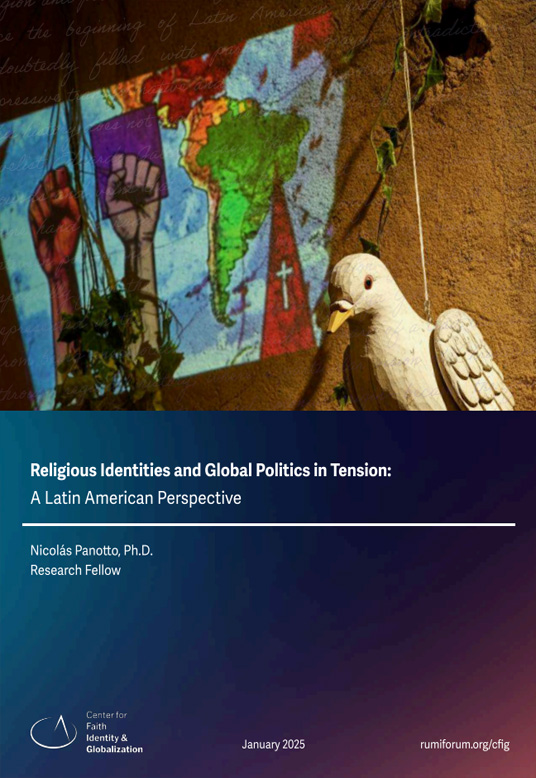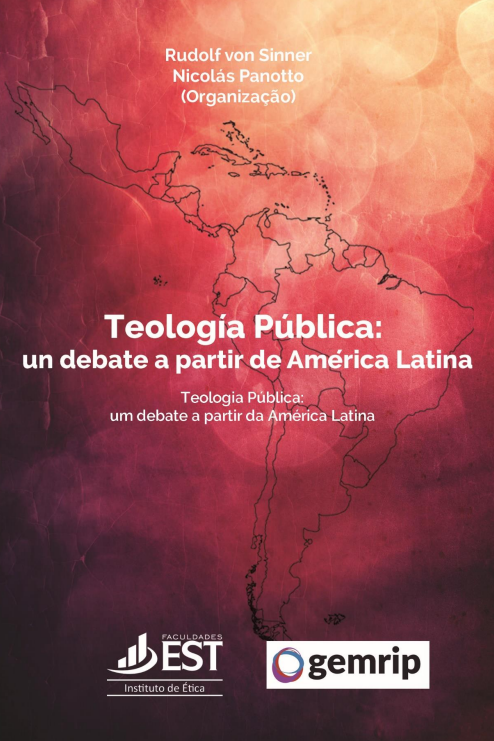This work aims to offer some alternative analytical axes on the complex relationship between the religious and the political from a Latin American perspective. We identify how the processes of transformation of the Latin American political scenario during the last decades—i.e., the period of democratic recovery after military dictatorships, the crisis of the neoliberal state, the emergence of social movements, and the social polarization after the arrival of populist or leftist governments—have a direct correlate in the transformations in both the internal composition of the religious groups themselves as well as in their ways of operating in the public space and how they are integrated within the political dynamics. This results in a diversification of types of institutionalizations of the religious space (which we refer to as “processes of minoritization”), as well as of types of advocacy in the public and political space, which accounts for a plurality of types of linkages between these fields. To this end, the notion of identities/identification processes is used to study how religion is located within the dynamics of socio-political change and mobilization, especially from civil society. Finally, some specific case studies from different ideological spectrums in the Latin American context will be used to account for these emerging scenarios.


